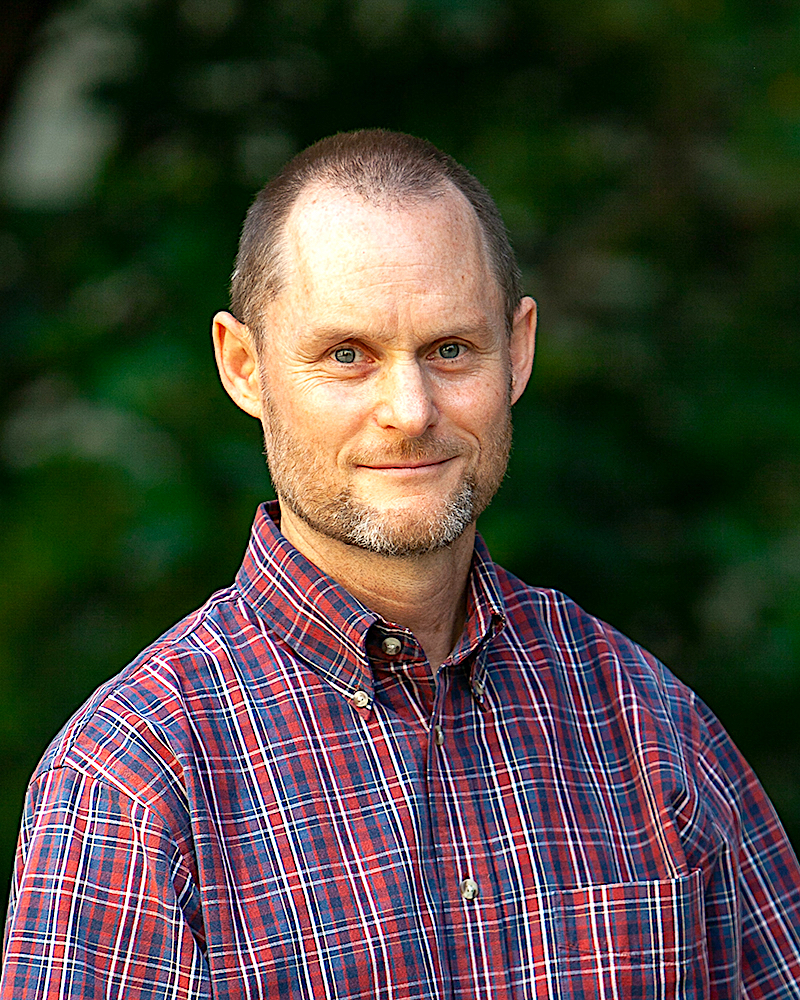
In the bustling world of swine medicine, Dr. John Harding, a distinguished professor at the Western College of Veterinary Medicine, takes center stage as a visionary shaping the future of veterinary practice.
In a recent interview, Dr. Harding shed light on the Western College of Veterinary Medicine Smart Program and its revolutionary component—the Foreign Trained Veterinary Swine Medicine Residency Certification program.
The Smart Program, an acronym for Swine Medicine Advancement Recruitment and Training, emerges as a response to the pressing shortage of veterinarians across Canada, particularly in food and animal medicine. Driven by factors such as population growth and limited capacity in veterinary colleges, the demand for swine veterinarians has reached unprecedented levels.
“It has always been difficult to recruit swine veterinarians, partly because of the average student’s lack of exposure and awareness of the swine industry as (it) becomes more urbanized,” Dr. Harding said.
The Smart Program aims to enhance the recruitment and training of swine veterinarians by targeting undergraduate veterinary students, early-career swine veterinarians, and internationally trained veterinarians working in the Canadian swine industry.
The Foreign Trained Veterinary Swine Medicine Residency Certification program is at the heart of this initiative. Dr. Harding unveils the motivation behind its creation, stating, “The Foreign Trained Swine Residency program is one of the four pillars of the Smart program created to fulfill the demand for swine vets.”
Recognizing the challenge of obtaining veterinary licensure in Canada for internationally trained veterinarians, the program provides an alternative pathway to licensure through specialty board examination.
Eligibility criteria include having a DVM or equivalent degree from a non-Canadian university, substantial experience and knowledge in the swine industry, Canadian citizenship or permanent residency, and proficiency in English. Dr. Harding emphasizes that the rigorous eligibility requirements align with the standards set by the American Board of Veterinary Practitioners and the University of Saskatchewan.
The three-year residency program adopts a distributed learning model vital to the certification of Foreign Trained Veterinary Swine Medicine Residency. This allows residents to remain in rural communities while working with swine veterinary practices. The program is a delicate balance of clinical practice, coursework, and research. Dr. Harding details, “Over the three years, participants spend 70 per cent of the time in clinical practice, and this is under the supervision of a swine veterinarian who is the clinical co-supervisor.” The remaining 30 per cent is completing coursework and research requirements for a Master of Science in swine medicine.
Upon completing the program, graduates can write the swine health management certifying exams administered by the American Board of Veterinary Practitioners. This certification marks their official designation as swine veterinary specialists. Additionally, graduates earn a Master of Science degree from the University of Saskatchewan.
Dr. Harding underscores the multifaceted benefits of the program. Graduates gain specialized skills and knowledge, fulfilling their dreams of becoming swine veterinarians and obtaining veterinary licensure. The Canadian swine industry experiences a boon, addressing the increasing demand for skilled professionals. The program also contributes to the long-term sustainability of swine veterinary practice and enhances research programs at the University of Saskatchewan.
Dr. Harding expresses gratitude to the numerous supporters and stakeholders who have played a pivotal role in bringing the Smart Program to fruition. He invites interested individuals to reach out for more information and emphasizes the positive response received during the development of the program.
The Foreign Trained Veterinary Swine Medicine Residency Certification program stands as a beacon, guiding aspiring swine veterinarians toward fulfilling careers while addressing the critical shortage of professionals in the field. Dr. Harding’s innovative approach marks a significant milestone in advancing swine medicine and ensuring the industry’s and its practitioners’ well-being. •
— By Harry Siemens





